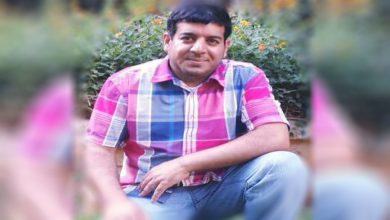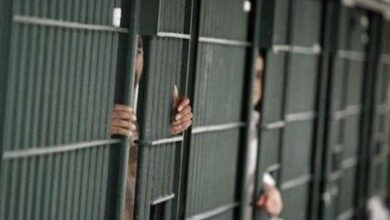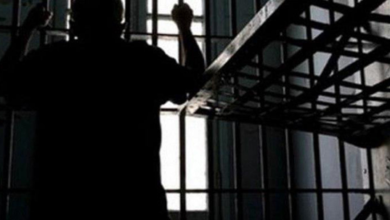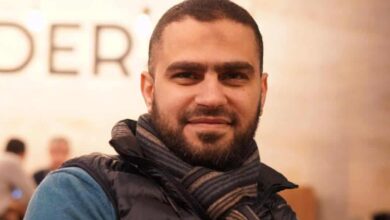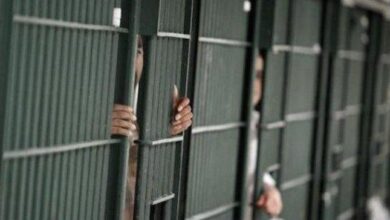A new episode of Amnesty on Saudi human rights violations of female detainees
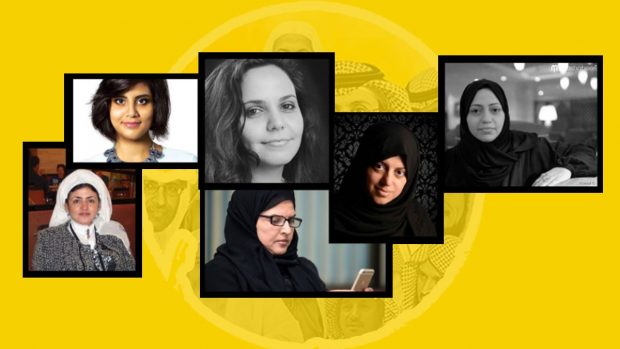
Amnesty International highlighted the human rights violations against the female prisoners of conscience and human rights activists in the Saudi regime prisons.
An episode of Amnesty International, presented by activist Hala Al-Dossary, revealed new and shocking information about the mechanism of torture of women in the Saudi prisons.
According to the guests of the episode “Mareqat” from the third season #MyGuardian, physical torture, electrocution, sexual harassment, and forcing female detainees to break their fast during the day in Ramadan are among the most prominent methods of torture by the Saudi regime of female detainees and human rights defenders in the era of Prince Muhammad bin Salman.
Former female detainees talked about judicial transgressions in the Al Saud courts, and false accusations were brought against the detainees.
The program reviewed the most prominent Saudi violations against the released, and the severe restrictions on their movement.
Since Salman bin Abdulaziz Al Saud and his crown prince took power in the Kingdom, the security apparatuses affiliated with crown prince’s office, headed by the newly established State Security Service, began arrest campaigns against political, social and human rights activists from various currents.
The European Saudi Organization for Human Rights documented the security authorities’ arrest of 87 women since Salman, and his son ruled the Kingdom (2015-2020).
The Saudi European Organization stated that there are 50 female detainees currently in “Dhahban” prison in Jeddah, while the authorities have released 8, their trial is still ongoing. Eight women were finally released.
The organization said that the fate of one of the detainees is still unknown.
The female detainee, Hanan Al-Dhabiani, died in “Dhahban” prison on October 10, 2016, which was met with widespread international human rights condemnation and demands for the release of prisoners of conscience.
On May 15, 2018, Al Saud security arrested many prominent human rights activists in one of the most severe campaigns in which the authorities targeted activists collectively.
Al Saud authorities arrested 13 women’s rights activists, and they are being tried for their human rights activities. Five women are still in detention: Loujain Al-Hathloul, Samar Badawi, Nasima Al-Sada, Nouf Abdel Aziz, and Maya Al-Zahrani.
A documentary film by “Al-Jazeera” channel recently presented the brutal torture that detainees were subjected to in “Dhahban” prison, refuting as stated by activists and activists the accusations levelled against them by the Al Saud government, and explaining the methods of torture used against them.
The documentary provided the testimony of “Yumna Desai,” a former eyewitness detainee in “Dhahban” prison, in which female prisoners of conscience are being held.
Yumna said that while she was performing her job as a university lecturer, she received a call from the university about a problem with her passport. Thus, she was required to visit the Saudi passport department. Once she stepped out of the university, secret security forces captured her.
She added that foreigners were not allowed to make international calls, so she did not communicate with her family for three years of detention, noting that Saudi Arabia claims that it is fighting terrorism, but that its practice spreads hatred among people.
Activist Sahar Al-Fifi said that one of the detainees was stripped of her clothes and photographed naked, and her picture was placed on the interrogation table to force her to answer and that some detainees were subjected to sexual harassment while they were tied with handcuffs (iron chains).
Several activists were subjected to sexual harassment by touching in sensitive places, being stripped naked and photographed. One of them at least was subjected to psychological torture, according to human rights organizations.

